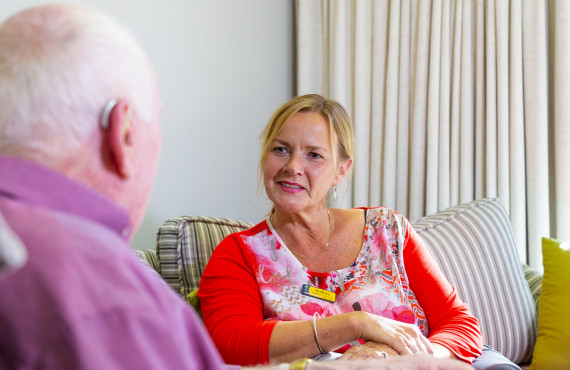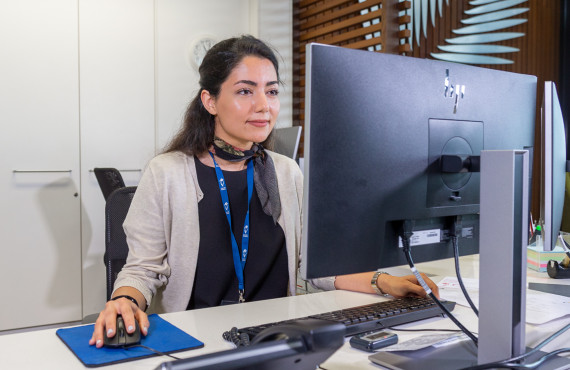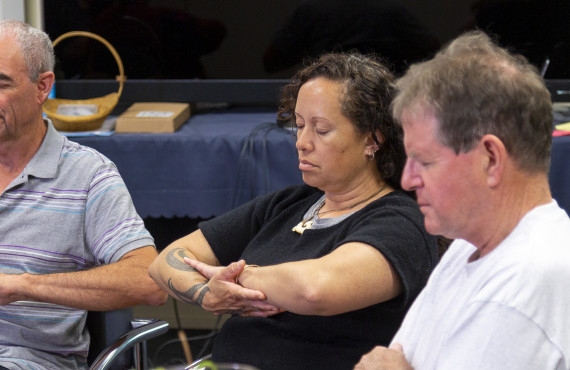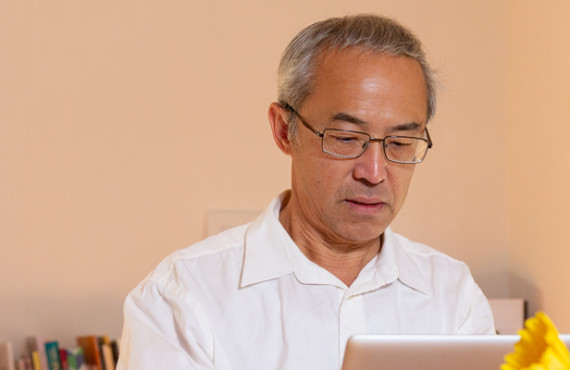When your treatment finished, your doctor probably told you that you would need regular check-ups. You may have mixed feelings about this.
Why do I need to have regular check-ups?
Everyone is different, and follow-up care will vary depending on:
- the type of cancer you had
- the type of treatment you had
- any side effects that you may have
What happens during check-ups?
Regular check-ups allow your doctor to keep an eye on your health and wellbeing.
They will also be looking for any signs that your cancer might have come back. Your doctor may use the check-ups to:
- see how you are recovering
- ask how you're feeling and coping with life after cancer
- monitor and treat any ongoing side effects
- ask if you have any concerns
- check any new symptoms
These symptoms do not mean you have cancer. Always check with your doctor if your symptoms do not go away.
Coping with anxiety before your check-ups
You may feel anxious because going back to the hospital brings back memories of your treatment, tests and side effects.
Just when your life is getting back to normal, and you feel in control again, a check-up can make you fearful. It forces you to think about the chance of your cancer coming back and your life being turned upside-down again.
Feel free to talk with your doctor about your concerns.
Once you have had a few check-ups and all is okay, you may be less concerned. These tips may also help:
- take a friend or family/whānau member with you to your check-ups
- plan something special to do after your check-up, like going out for a meal or meeting a friend
- try to see your check-ups as a positive part of looking after your health and wellbeing
- try relaxation and mindfulness techniques to take your mind off your worries
If your fears become too much for you to cope with, there are services available for you. Contact your local Cancer Society to see what support is available.
Questions to ask your doctor
You may find the following list helpful when thinking about questions for your doctor after your treatment.
- am I at risk of getting long-term health problems because of my cancer or its treatment?
- where can I get help for dealing with my feelings?
- what exercise programme would you recommend?
- I'm having problems getting back to my usual sex life. Who can I talk to about this?
- are there any problems I should watch out for?
- Is it possible to talk to someone who has had a similar experience to me?
- Are my children at risk of inheriting my cancer?
- Who can I talk to about financial problems?

We have free counselling and psychological services for people with cancer and their family/whānau.

Just as a cancer diagnosis has an impact on your life, your work and the people you are working with…

Relaxation, mindfulness and meditation may help you calm your mind and body, reduce negative thought…

There may be support and benefits available to get you through your treatment.
We know that going through cancer is tough and can raise many questions. You are not alone.
We have health professionals to answer your questions and provide the support you need.
Get in touch
